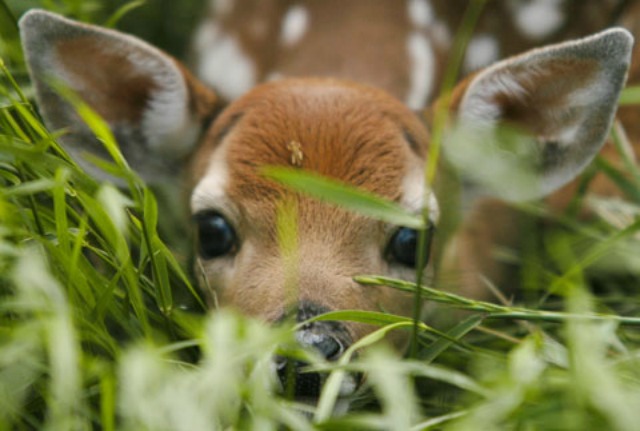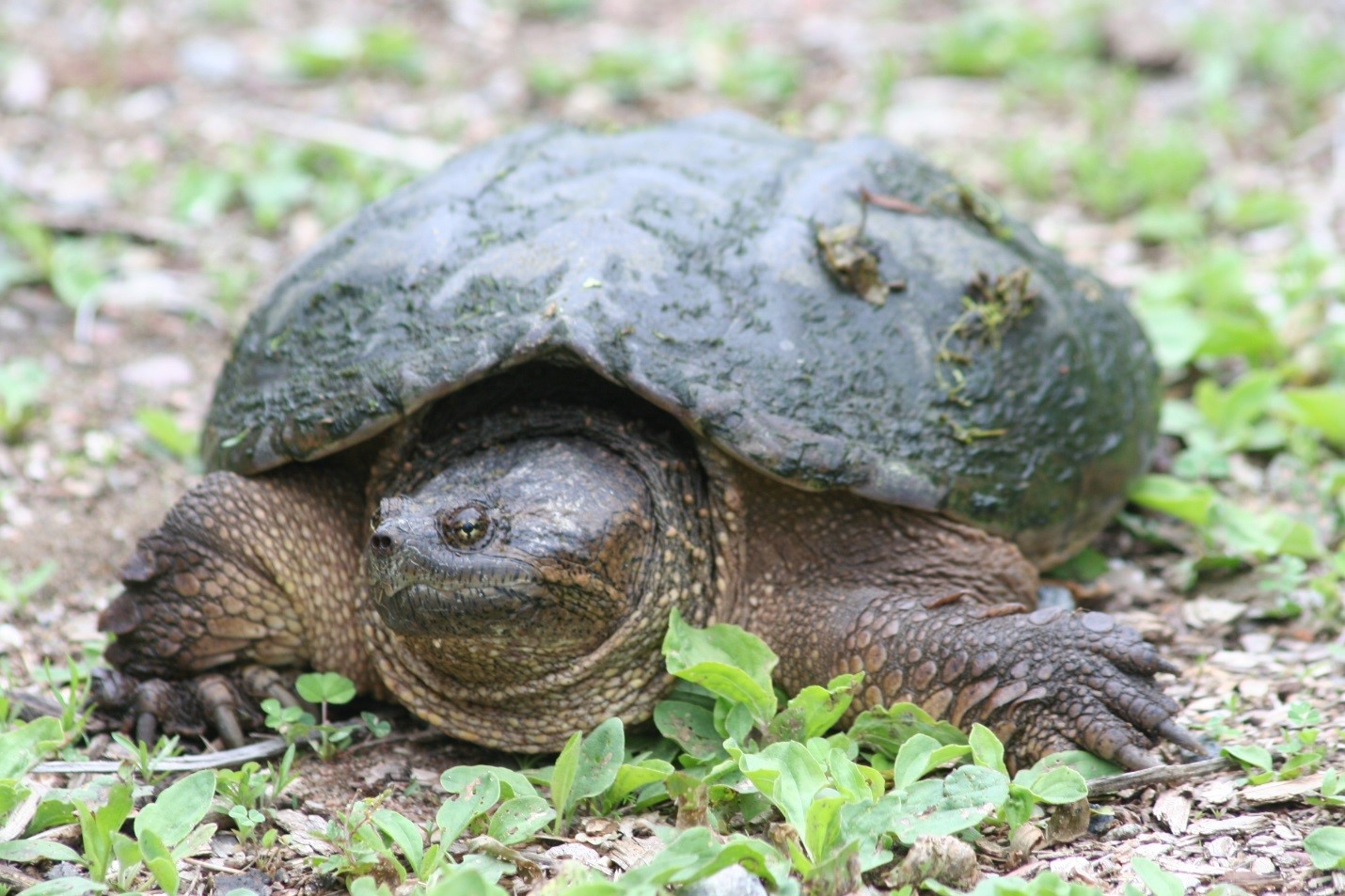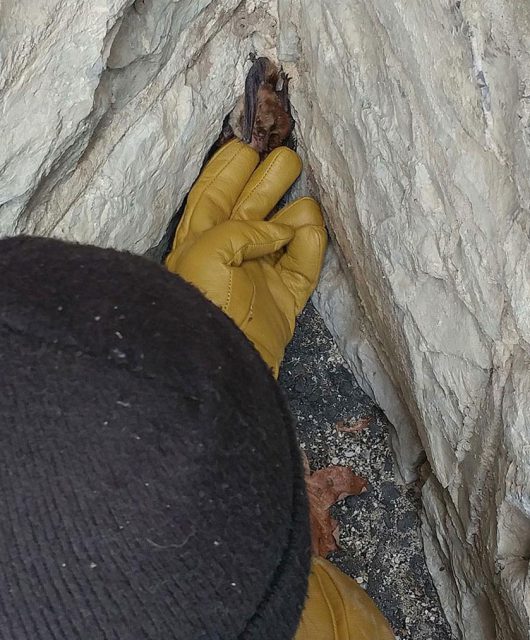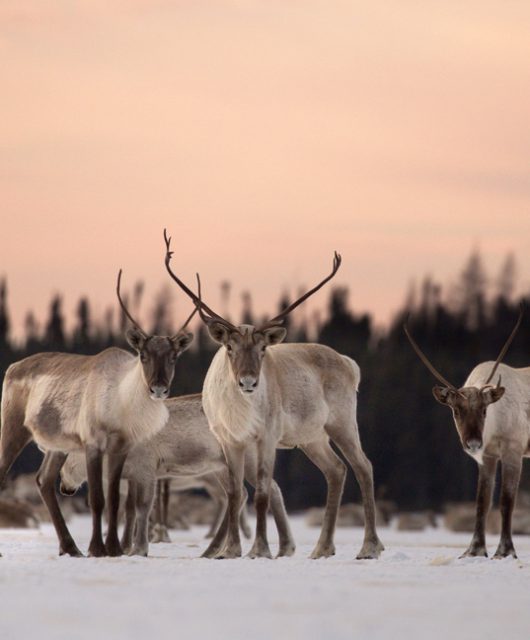
Spring is definitely the season when young animals abound; however it’s important to remember that just because they are alone doesn’t necessarily mean they’re orphaned. Often well-intentioned people do more harm than good by incorrectly assuming that an animal needs help.
Some species, like deer and rabbits, leave their nests unattended for large portions of the day, sometimes only returning to feed their young in the morning and in the evening. They do this purposefully so as not to lure predators back to the nest.
However, if the young is consistently on its own with no signs of an adult for 24 to 48 hours, or if it is following you around, this is a good indication that it has been orphaned and requires proper assistance.
These are some other indicators that an animal has been orphaned:
- The animal is covered in fleas or ticks.
- It is wounded.
- It is dehydrated and lethargic.
- It is vocalizing.
- It is having difficulty breathing.
If you are unsure how to assess the situation, or if it is obvious that the young requires assistance, contact a licensed wildlife rehabilitator or your provincial government wildlife department. In some jurisdictions it is illegal for ordinary citizens to care for wildlife; proper nutrition and care must be given by a licensed wildlife rehabilitator.
For all your wildlife questions, check out our FAQ section here!




